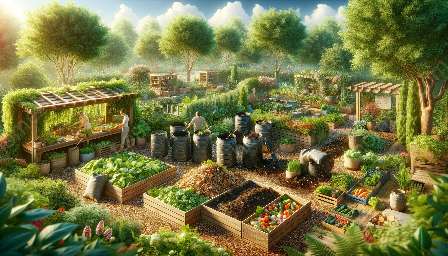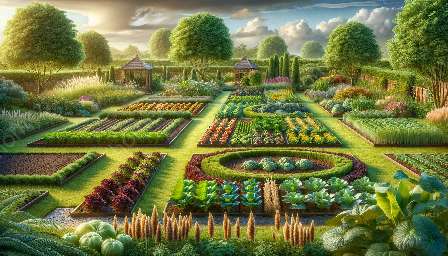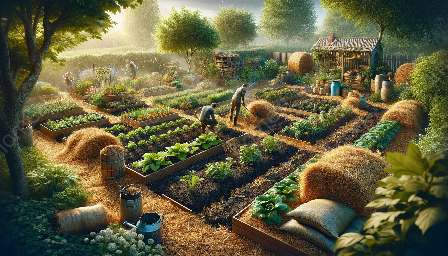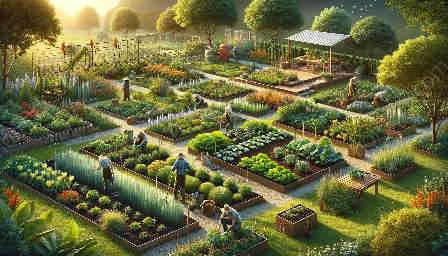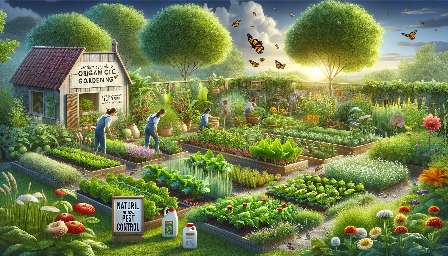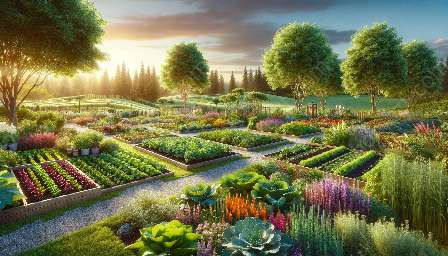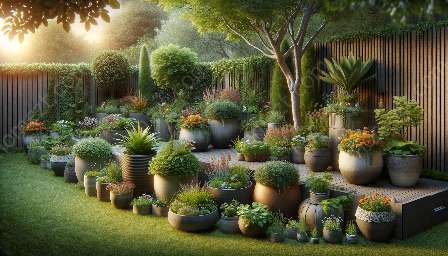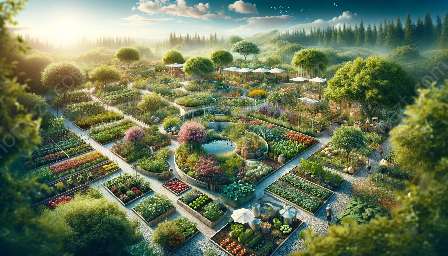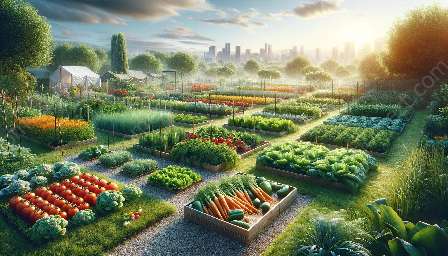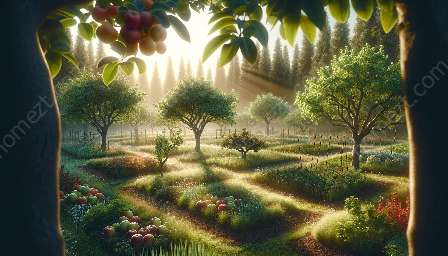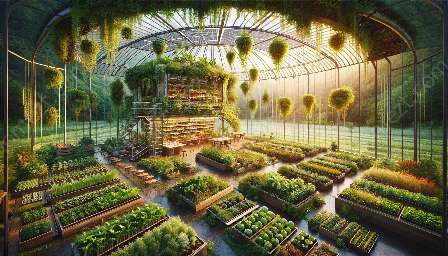Organic gardening and landscaping enthusiasts know that mulching is a valuable technique that can enhance the health and beauty of their gardens. By spreading a layer of organic material over the soil, gardeners can improve soil structure, conserve moisture, suppress weeds, and promote a healthy ecosystem. In this comprehensive guide, we will explore the fascinating world of mulching and its numerous benefits in organic gardening and landscaping.
The Benefits of Mulching
1. Moisture Retention: One of the primary benefits of mulching is its ability to conserve moisture in the soil. By acting as a protective barrier, mulch reduces evaporation, which helps to keep the soil moist and reduces the frequency of watering.
2. Weed Suppression: Organic mulches like straw, wood chips, or shredded leaves can effectively suppress weed growth by blocking sunlight and preventing weed seeds from germinating. This reduces the amount of time and effort required for weeding.
3. Soil Health Improvement: As organic mulch breaks down, it adds valuable nutrients to the soil, enhancing its fertility and promoting the growth of beneficial microorganisms. This results in healthier plants with improved root systems.
Types of Organic Mulch
1. Straw: Straw is a popular mulching material that is often used in organic gardening. It is an excellent choice for vegetable gardens, as it decomposes relatively quickly and adds nutrients to the soil as it breaks down.
2. Wood Chips: Wood chips are a long-lasting mulching option that works well for landscaping. They are effective at suppressing weeds and can give a natural, rustic look to garden beds.
3. Shredded Leaves: Shredded leaves are readily available in the fall and make an excellent mulch for insulating the soil and adding organic matter as they decompose.
How to Apply Mulch
When applying mulch, it's essential to spread it evenly over the soil surface, maintaining a thickness of 2-4 inches. Be sure to leave a gap around the base of plants to prevent excess moisture buildup and potential rot. As the mulch breaks down, it should be replenished periodically to maintain the desired thickness.
Mulching Tips for Success
1. Use Natural Materials: Choose organic mulch materials that will decompose over time, adding valuable nutrients to the soil.
2. Avoid Chemical Treatments: Select mulch that has not been treated with synthetic chemicals to ensure the health of your plants and the environment.
3. Monitor Soil Moisture: Check the moisture level of the soil beneath the mulch regularly to ensure that it remains consistently moist but not waterlogged.
In Conclusion
Mulching is a time-tested practice in organic gardening and landscaping that offers a plethora of benefits. By utilizing organic mulch materials, gardeners can conserve water, promote soil health, reduce maintenance, and create a thriving ecosystem for their plants. The art of mulching not only enhances the visual appeal of gardens but also contributes to the sustainable and eco-friendly nature of organic gardening and landscaping.


